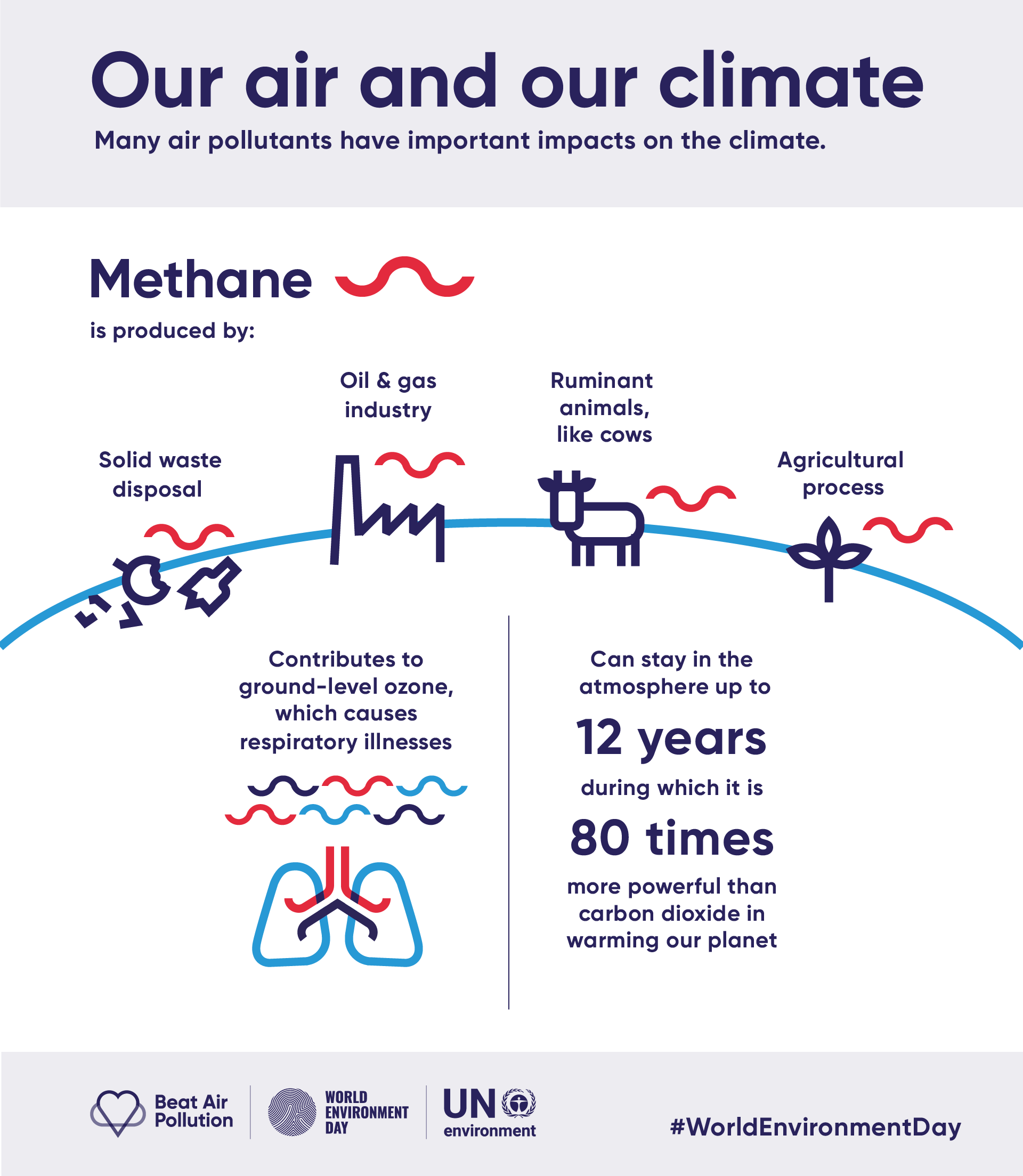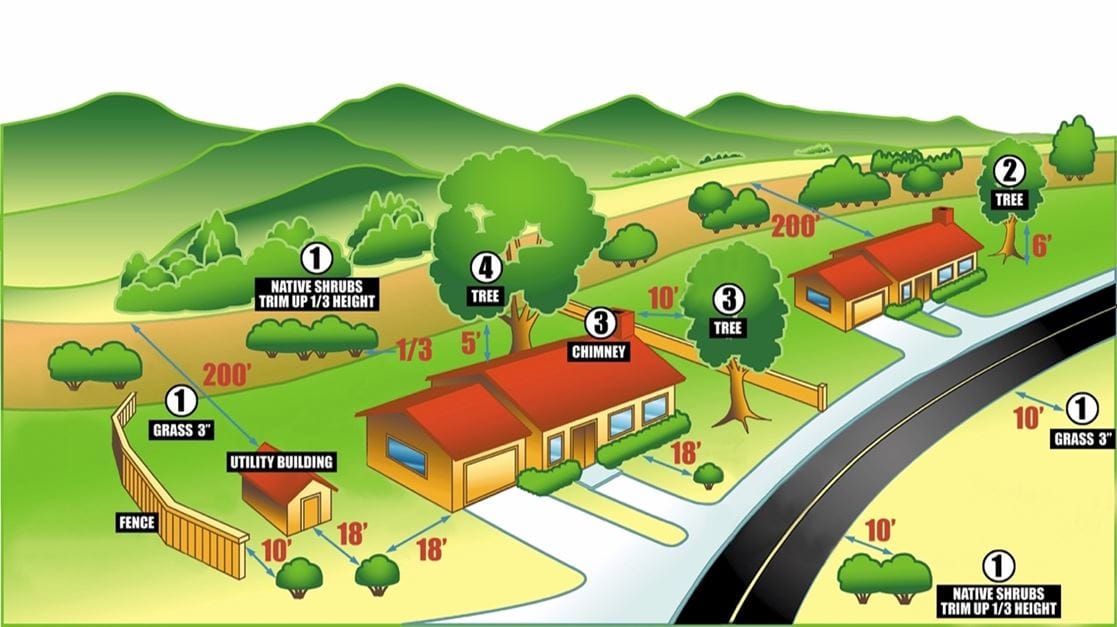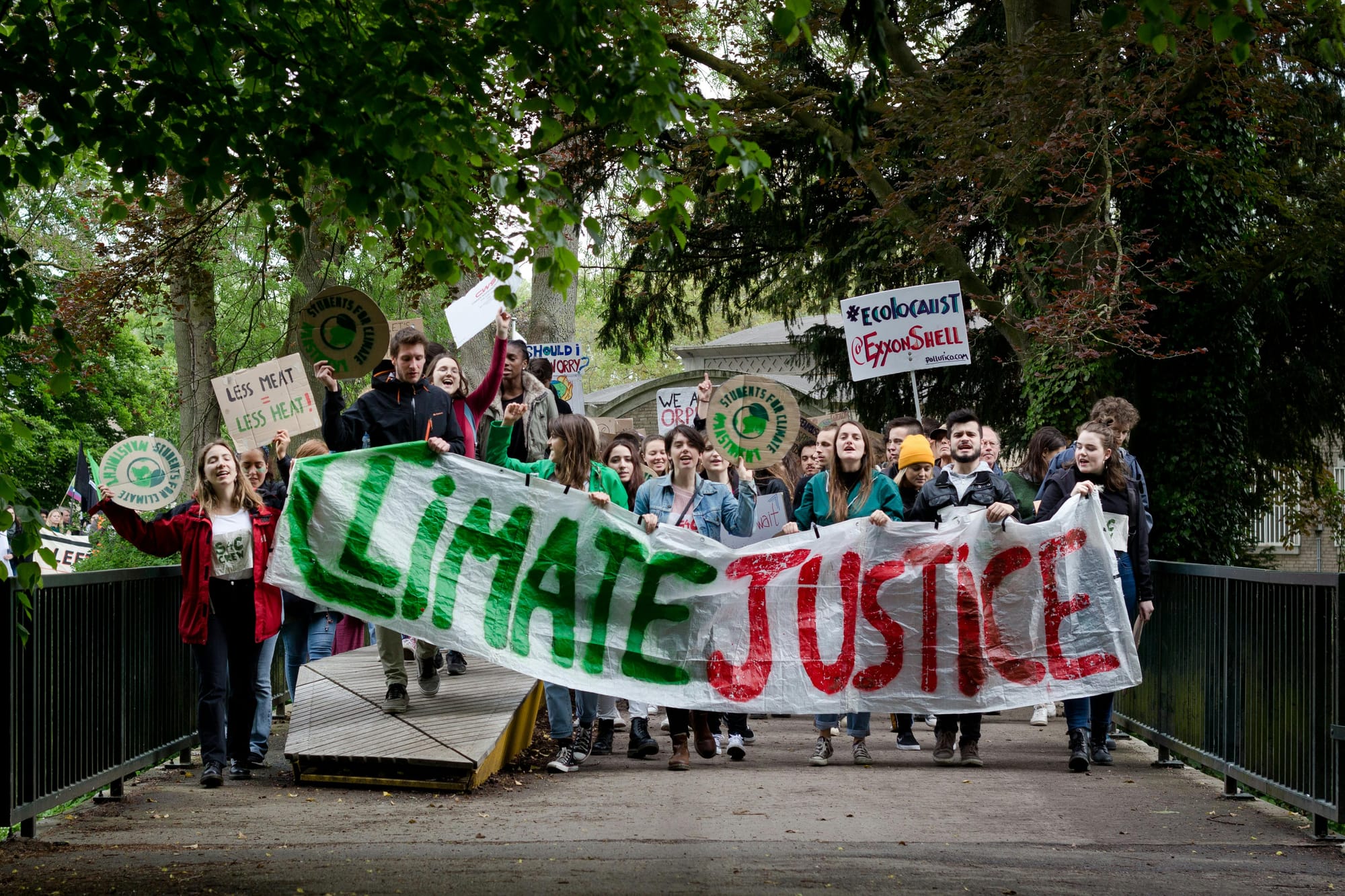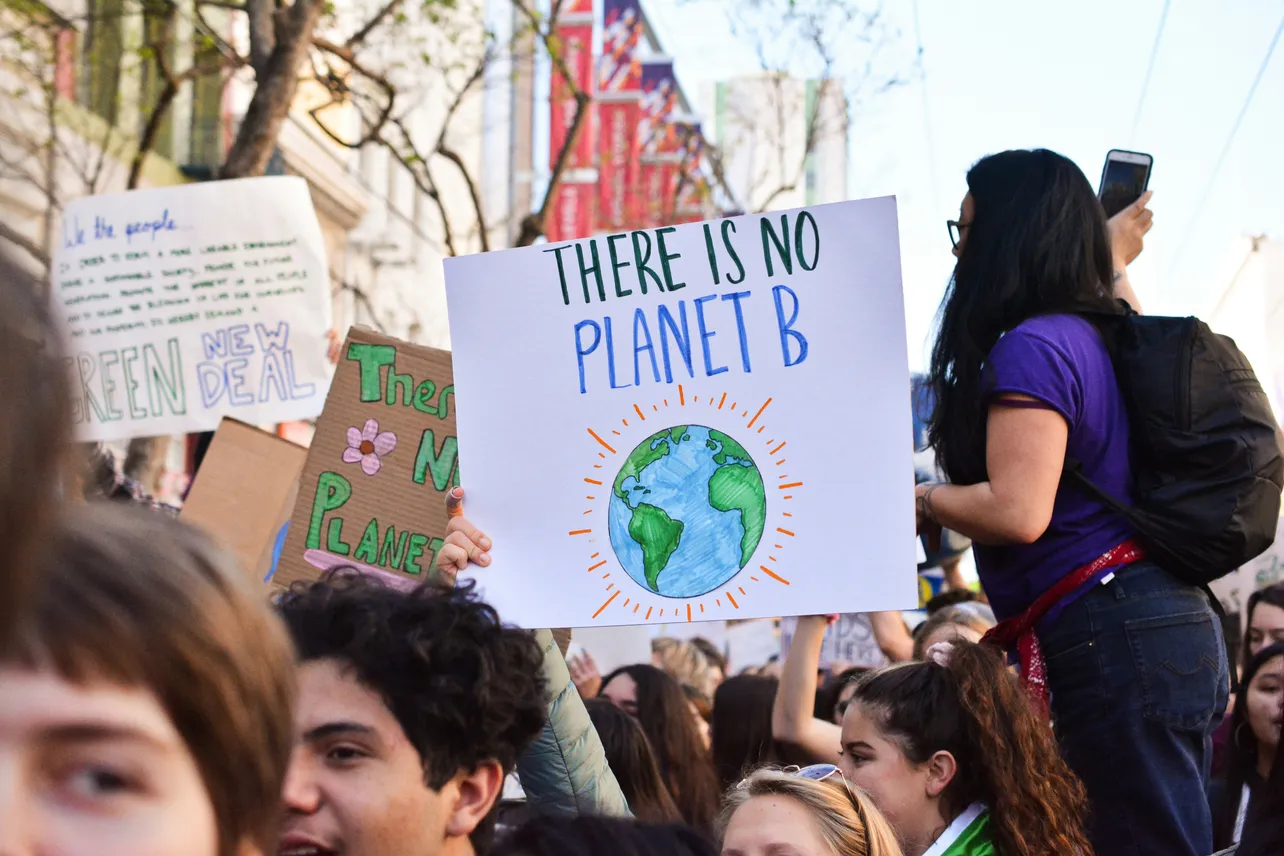This year is already shaping up to be record-breaking – and not in a good way. Between historic wildfires, extreme storms, and other severe weather conditions, it’s clear that climate change is here. Los Angeles is still recovering from one of the most destructive wildfires in history, and New Jersey just battled what could be the largest wildfire in the state in 20 years.
According to the United Nations, the effects of climate change include increased drought and risk of wildfires, more severe storms, warmer overall temperatures, and many other risks to human health. NOAA reported that a trifecta of climate change-related conditions contributed to the severity of the 2025 wildfires in Los Angeles, including a severe Santa Ana wind event, record low humidity, and increased vegetation growth because of back-to-back storms.
Although fighting climate change is no small feat, there are some actionable steps you can take at home to help mitigate it. If you’re curious about how to help, then read on.
#1 Reduce Your Carbon Footprint

A straightforward way to fight climate change at home is to reduce your carbon footprint. Nearly every action you take affects the environment, and making more mindful choices is a great way to add to the collective action of slowing down climate change.
Here are some simple steps you can consider taking at home.
- Drive smarter: Fossil fuel usage is still one of the most significant sources of greenhouse gas emissions. Although it isn’t possible to avoid driving entirely — especially in regions like Southern California — rethinking your daily commute is a good place to start. Try carpooling with friends or coworkers, walking or riding a bike for short trips, and using public transit when possible.
- Reduce, Reuse, Repair, Recycle: The items you purchase cause carbon emissions, whether at the manufacturing stage or while in transit to your home. Try to think through every purchase to see if it’s truly necessary. When possible, purchase items second-hand or try to fix the items you already own. When it does come time to get rid of something, research how to responsibly recycle it.
- Make Wise Food Choices: It’s estimated that a single hamburger can release up to 5 pounds of CO2 emissions into the atmosphere. Generally, eating less meat and dairy and switching to plant-based options, such as vegetables, legumes, and fruits, can significantly reduce your carbon footprint. Additionally, reducing food waste can have positive effects on both the environment and your wallet.
#2 Bolster Your Defenses

While we can take actionable steps to help prevent future climate disasters, it’s also smart to prepare your home and your family for the worst-case scenario.
- Build a Defensible Space: You can help protect your home from wildfires by clearing out dead vegetation around your property, minimizing combustible items, and trimming tree branches and plants to keep them away from your walls. Additionally, investing in fire-safe landscaping, such as using fire-resistant native plants, can help protect your home.
- Use Fire-Resistant Materials: Rebuilding or remodeling is an excellent opportunity to transition your home to be more resistant to fires in the first place. Many pre-fab housing options, for example, use building materials and designs that are much more resistant to burning than traditional homes.
- Prepare Emergency Kits: Create a go-bag for each family member with essentials like food, water, medication, important documents, N95 masks, and flashlights. Don’t forget to pack an extra bag or two of food for your four-legged family members.
- Have a Plan: An often-overlooked step in disaster preparedness is having a plan for each family member. This is especially true when your family members are going to be away from your home when they are at work or school. Have a designated meeting spot, specific arrangements for pets or larger animals, and an alternative communication strategy just in case phone networks go down.
#3 Invest in Disaster Response
Once we’re prepared, we can help others as they recover. Families affected by the 2025 wildfires are still in the early stages of rebuilding their homes and their lives. Mitigating climate change doesn’t just involve preventing disasters, but responding to them. One way to do so is to donate your time, energy, or financial resources to organizations committed to helping those navigating the aftermath of disasters.
- Disaster Response Nonprofits: Many organizations are helping those affected by the wildfires, including Friends in Deed, the Los Angeles Regional Food Bank, and RedRover.
- Rebuilding Nonprofits: You can also help support nonprofits that are specifically assisting those who have lost homes during the wildfires. Options include Habitat for Humanity, Rebuilding Together, and Lotus Rising LA.
- Climate Change Organizations: If you want to contribute to fighting climate change in the long term, some nationally recognized nonprofits include Earthjustice, Greenpeace, and the Environmental Defense Fund.
#4 Speak Up & Speak Out

Financial and time-based support is powerful, but using your voice matters too. Advocating for wildfire preparedness, climate change mitigation, and disaster response are some effective ways you can use your voice to help bring about change.
- Practice Civic Engagement: Attend local town hall meetings and get to know your elected representatives. Let them know how important it is for local government to prioritize responding to climate change and natural disasters. Call your elected officials, or join a local protest when appropriate.
- Educate & Inspire: Lead by example. From talking to kids about the importance of protecting the environment to educating your friends on the potential ways to prepare for climate disasters, we can take an active role in inspiring others to be mindful of the effects of climate change.
- Support Your Community: From joining local mutual aid groups to attending local community-centric events, investing in your community is a powerful way to foster collective action and make your neighborhood more resilient to the effects of climate change.
- Be Informative: If you’re not comfortable speaking up or attending events, you can still use your voice for positive change. Consider sharing resources online or using social media to support creators and advocates who are already on the frontlines fighting for wildfire preparedness, disaster response, and more.
It’s Not Too Late. Have Hope — And Share It
Climate change is one of the most significant challenges we’re facing today, but we don’t have to face it alone. Fostering hope for a brighter future and sharing that hope with others in your circle is one of the most powerful ways to fight climate change at home.
- Advocate for solutions on social media
- Start conversations with friends and acquaintances
- Set an example with small, conscious steps
- Focus on progress, not perfection
Together, we can transform climate change from a daunting challenge into an opportunity to reimagine how we live, connect, and care for the planet and each other. Climate change is not a far-off disaster waiting to happen — we all feel its effects today. However, it’s not too late to take action.
Disclaimer: The content shared in our blog is for informational purposes only and should not be considered legal, medical, or financial advice. Please consult with a qualified professional for guidance specific to your situation.

